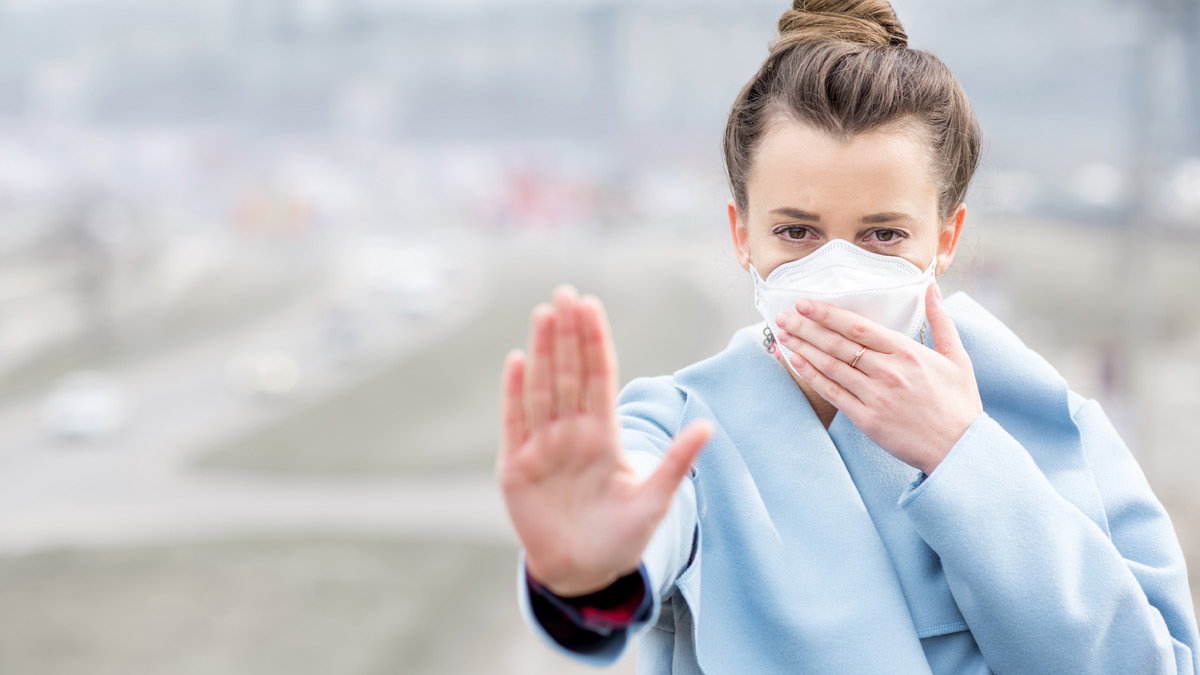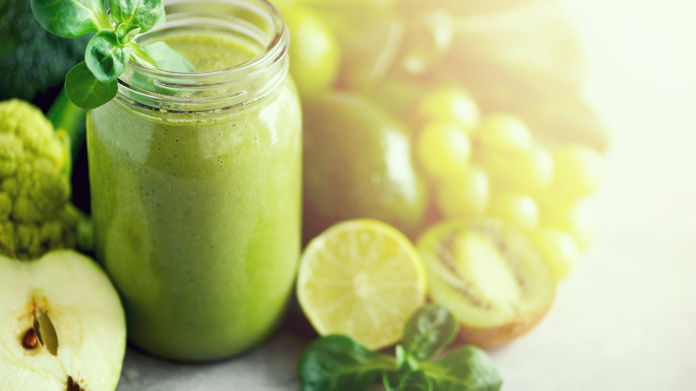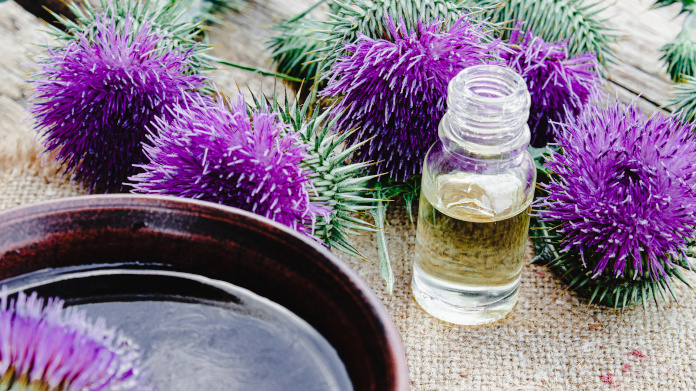
Particularly bad in winter, fine particle pollution is a significant cause of discomfort and health problems. Apart from the classic symptoms of irritated eyes and a scratchy throat, it is now widely recognised that exposure to atmospheric pollutants has a considerable effect on how well the body functions.
Over the long-term, air pollution promotes premature aging and raises the risk of certain diseases. A recent Taiwanese study showed for the first time that high levels of air pollution are associated with an elevated risk of oral cancer. Previous studies have demonstrated an increased risk of lung cancer, respiratory allergies and diseases, and cardiovascular problems.
Protecting people from the effects of air pollution constitutes a major public health issue, a fact recognised by the World Health Organization which estimates that atmospheric pollutants may be responsible for 1.3 million deaths globally each year.
Every day, several thousand litres of air circulate in our respiratory tract. Air pollutants deeply infiltrate the body and are responsible for a process known scientifically as ‘oxidative stress’ whereby highly-reactive oxygen species gradually accumulate and cause significant cell damage.
Fortunately, we can benefit nowadays from the protective effects of a number of natural antioxidants. These active principles combat oxidative stress and thus protect against the dangers posed by air pollution. Vitamin C, vitamin E, resveratrol, epigallocatechine gallate (EGCg), curcumin, glutathione … there’s a long list of these natural antioxidants.
For optimal antioxidant protection, specific formulations have been developed in recent years, including AntiOxidant Synergy capsules which offer a selection of the best natural antioxidants. There’s also the supplement ZeroPollution®, formulated to protect the skin against air pollution. It contains extracts of lemon verbena, olive, rosemary and Sophora japonica. All these extracts are standardised in active principles to offer optimal efficacy.
While it’s impossible to completely protect the body, there are sensible measures you can take to reduce your exposure to particulates. It’s especially important to avoid taking strenuous exercise during pollution peaks as the ability of fine particle pollution to enter and accumulate in the body tends to increase in such conditions.
Pollution is everywhere, not just outdoors but indoors too, so remember to replace the air in all the spaces in which you spend time: home, office, car interior … During pollution peaks, it’s a good idea to take some precautions. Wait until particulate levels are lower before airing these spaces, making sure you avoid peak traffic times.
Everyone is affected by air pollution. Reducing particulate emissions requires a collective and sustained effort.
Here are some ways in which you can ‘do your bit’ to reduce air pollution:
Western diets with their reliance on processed foods have for some years been seriously disrupting our bodies’ acid-base balance. Find out how you can put this right.
The body has 5 emunctory organs which carry out a number of metabolic functions including the elimination of toxins. Read on to find out how to drain them effectively and thus help them ‘do their job’.
What can you do to compensate for the never-ending succession of meals over the festive period? Discover our top 10 dietary and detox tips for staying in shape and maintaining your health.
“A glass of wine keeps the doctor away”. Do you agree with this old adage? Our true/false article tells you all you need to know about the health benefits or otherwise of alcohol.
Sweets are an obvious example of a product containing food additives – but there’s often nothing ‘sweet’ about these sometimes controversial ingredients. Let’s take a look at the food colours, preservatives and other undesirable substances we’d do well to avoid.
The liver is a crucial organ for purifying the body. Taking certain plant extracts with detoxifying properties can help it function at its best: discover the 7 most effective of these plants.







